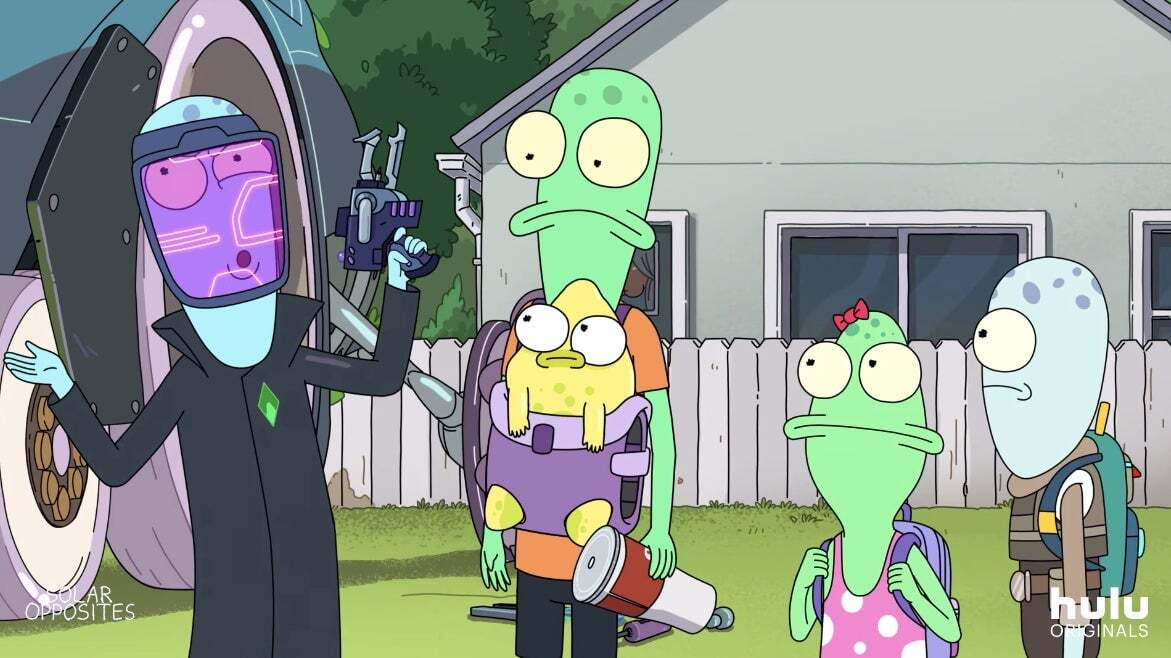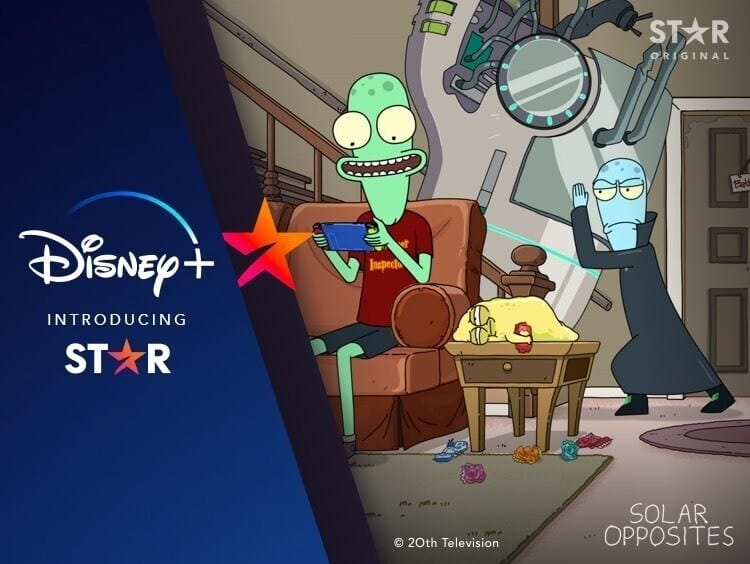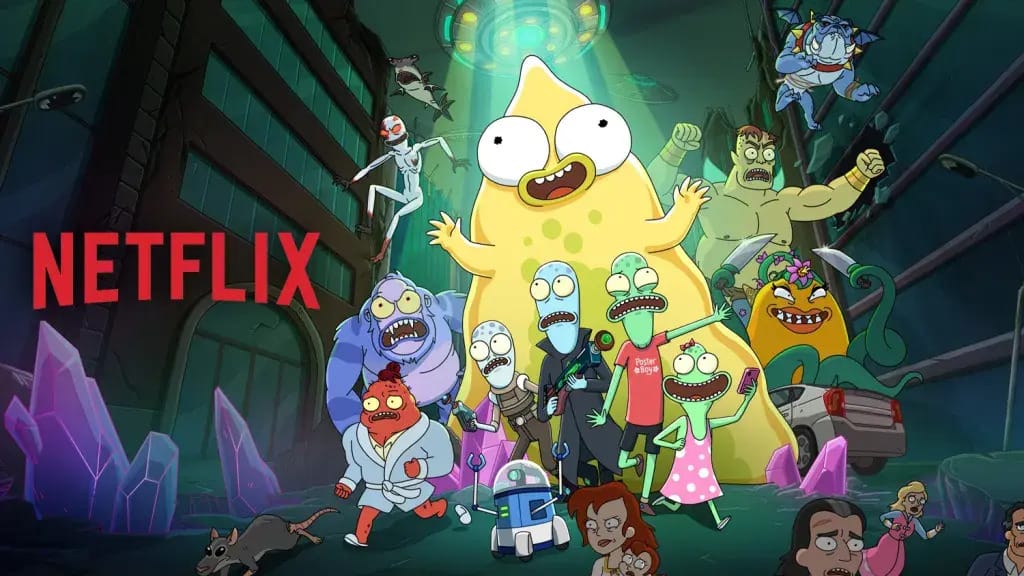- IF: Imagination and Fantasy
- Posts
- Breaking Down Streaming Barriers: The Solar Opposites Shift
Breaking Down Streaming Barriers: The Solar Opposites Shift
When Originals Go Global: The Streaming Paradigm Shift

The world of streaming has long been characterized by fierce competition, with major platforms like Netflix, Hulu, and Max clinging tightly to their original content to attract and retain subscribers. But recent developments suggest that the streaming landscape might be undergoing a significant transformation. As we delve into this topic, we'll explore a crucial piece of news that has analysts buzzing, reconsidering what exclusivity really means in the modern era of content distribution.

The Unprecedented Move
Recently, a monumental event unfolded in the realm of streaming: the unexpected transfer of all five seasons of the animated hit series "Solar Opposites" from Hulu to Netflix. This isn't just a minor show moving platforms, but rather a successful and thriving original series making a leap that few anticipated. Understanding this dynamic shift requires unpacking the intricacies of content distribution and the strategic decisions behind it.
The Financial Calculation
Why would Disney, the owner of Hulu, allow a popular series to migrate to its competitor, Netflix? The answer lies in a complex interplay of financial strategy. In the world of streaming, fear of success might seem paradoxical, but it's a reflection of ROI considerations. Over time, the drawing power of an original show like "Solar Opposites" diminishes as it matures on its original platform. Season after season, its ability to attract new subscribers wanes, leaving Disney with a strategic choice: continue hosting the series on Hulu or license it out for an immediate financial gain.

The Greater Reach
From Netflix's perspective, acquiring "Solar Opposites" expands its international catalog, tapping into a global audience. While this move may seem like an unexpected collaboration between fierce competitors, it strategically utilizes Netflix's far-reaching distribution network to enhance visibility and profitability for a series that has peaked domestically for Hulu. This kind of syndication boosts the show's viewership, impacting revenues and renewing interest in an increasingly competitive content market.

Navigating a Noisy Marketplace
The streaming industry is saturated with content vying for viewers' attention. In this fast-paced environment, Disney's decision to license out its successful series reflects a new strategy: maximizing reach and immediate revenue over exclusivity. With digital platforms constantly inundated with content—from blockbuster movies to niche shows—a series like "Solar Opposites" benefits from Netflix's broader distribution to remain relevant amid the overwhelming noise.
Implications for Viewers and Platforms
As streaming giants experiment with cooperation over competition, the implications for viewers and content creation could be transformative. Platforms may no longer need to prioritize an overwhelming volume of original content, instead focusing on high-quality acquisitions and strategic distribution. The idea of locked-down originals might evolve into assets designed for an eventual life on rival platforms.

Conclusion
In conclusion, the case of "Solar Opposites" serves as a bellwether for an evolving streaming strategy. It forces us to reconsider our subscription motivations—are we subscribing for exclusive content, or simply for convenient access? As content distribution becomes increasingly fluid and global, the value of exclusivity may diminish, paving the way for a more integrated content universe. The journey of "Solar Opposites" from Hulu to Netflix signals that flexibility in content distribution may be the new norm, reshaping the very fabric of how we consume digital media.
Listen to the full podcast episode here!